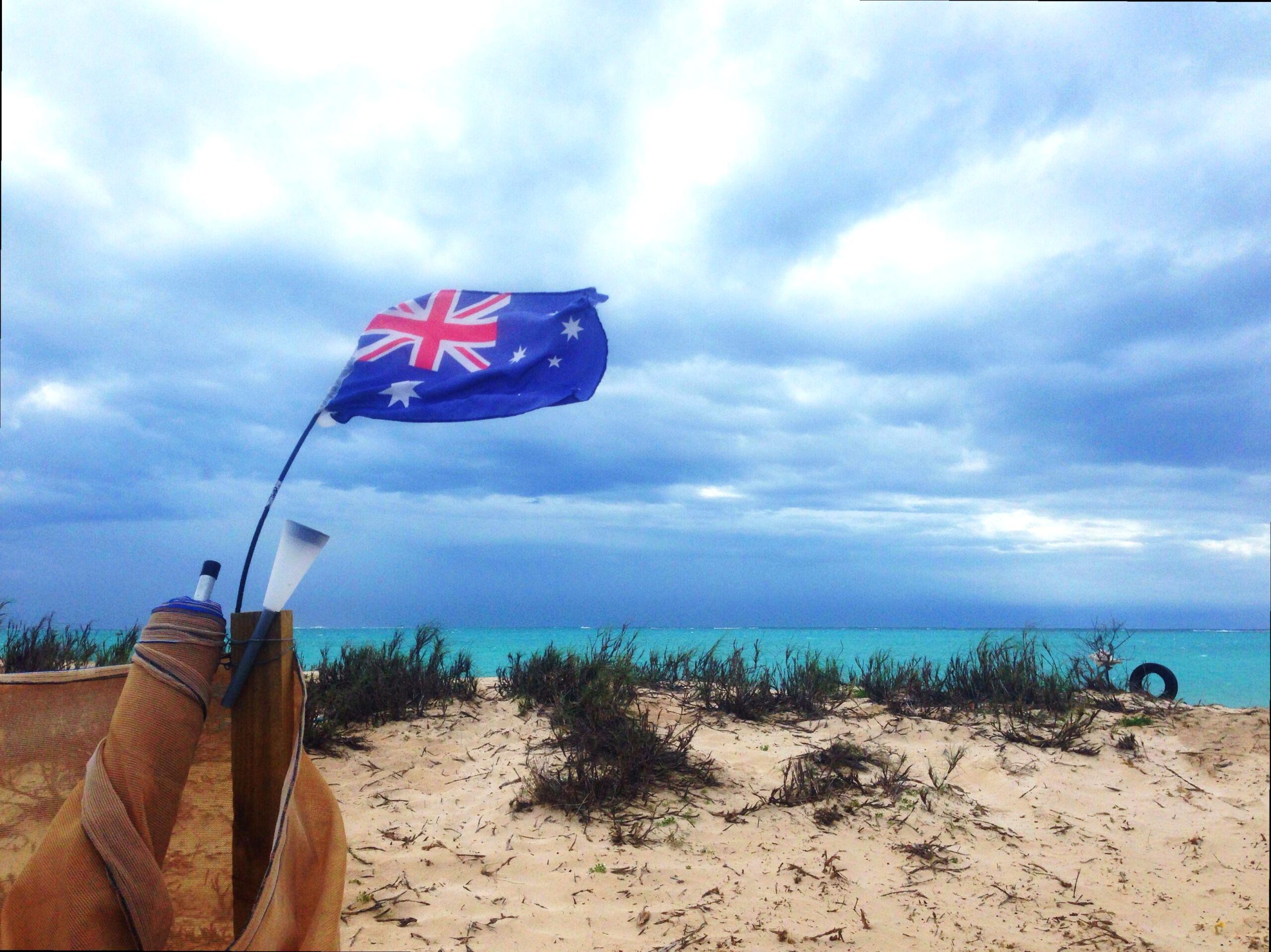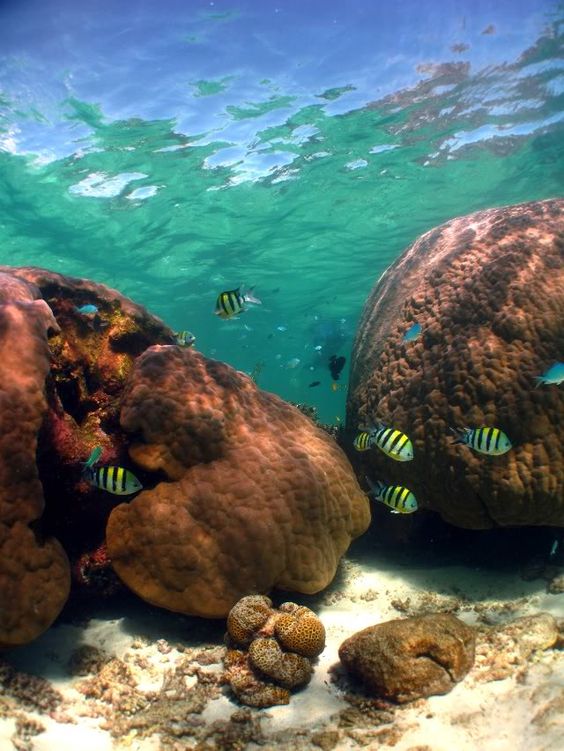Learning at Ningaloo Reef Research Station: Conservation in Action
Have you ever wondered how marine conservationists gather the knowledge and tools to protect our oceans? The answer lies in immersive field-based programs like those offered at the Ningaloo Reef Research Station. This incredible hub of marine biology not only fosters groundbreaking research but also serves as an educational pillar where future conservationists are trained. By combining practical experience with theoretical knowledge, Ningaloo Reef Research Station plays a pivotal role in marine conservation efforts globally.

The Importance of Marine Research Stations
Marine research stations like Ningaloo Reef serve as vital resources for understanding sea life, ecosystems, and conservation techniques. These stations allow scientists and researchers to conduct fieldwork in a naturally rich environment. Unlike traditional labs, research stations provide direct access to marine habitats, enabling real-time observation and experimentation.
One of the standout features of the Ningaloo Reef Research Station is its focus on real-world application. Researchers can monitor coral health, study fish populations, and understand the impact of climate change firsthand. Many groundbreaking studies have emerged from such field stations, contributing to global marine policies and conservation strategies.
Learning Opportunities

The educational programs at the Ningaloo Reef Research Station are unparalleled. Students and budding marine biologists are given the opportunity to engage in various hands-on activities that deepen their understanding of marine ecosystems. These activities include snorkel and dive surveys, sample collection, and data analysis.
Participants benefit not only from structured courses but also from the experience of working alongside seasoned researchers. This mentorship is invaluable for gaining practical skills, such as identifying species, using marine research equipment, and interpreting scientific data. The real-world application of these skills ensures that students are well-prepared for future careers in marine science and conservation.
The Role of Volunteers
Volunteers play an essential role at the Ningaloo Reef Research Station, offering manpower and enthusiasm to various conservation projects. From assisting with coral restoration to data collection, volunteers help in numerous ways. Their involvement allows for larger-scale studies and more comprehensive data sets, enhancing the overall impact of the research.
Typical volunteer tasks might include:

- Monitoring coral bleaching and disease
- Participating in beach clean-ups
- Assisting with public education programs
- Collecting samples for laboratory analysis
Volunteers often find that their time at the station is both rewarding and educational, providing a deeper connection to marine conservation efforts and fostering a lifelong commitment to environmental stewardship.

Innovative Conservation Projects
The Ningaloo Reef Research Station is at the forefront of developing and implementing innovative conservation projects. One notable initiative is the coral restoration project, which aims to rehabilitate damaged reef areas. By transplanting healthy coral fragments to affected sites, researchers hope to accelerate natural recovery processes.
Another exciting project involves the use of drone technology for monitoring marine life. Drones provide a non-intrusive way to gather data on fish populations, track movements, and assess habitat conditions. This cutting-edge approach enables researchers to collect data more efficiently and with minimal disruption to marine environments.
Community Engagement
Community involvement is a core component of the research station’s mission. By engaging local communities in conservation efforts, the station fosters a sense of ownership and responsibility among residents. Public workshops, educational outreach, and citizen science projects are just a few ways the station connects with the community.
These initiatives aim to raise awareness about marine conservation and empower individuals to take action. Community members learn about the importance of protecting their local marine environment and are encouraged to participate in conservation activities. This collaborative approach has led to stronger community support and more effective conservation outcomes.
Conclusion
The Ningaloo Reef Research Station stands as a beacon of marine conservation and education. By offering immersive learning opportunities, engaging volunteers, and spearheading innovative projects, the station plays a crucial role in safeguarding our oceans. As awareness of environmental issues grows, the work being done at this research station becomes increasingly vital.
Whether you are a student, a researcher, or a concerned citizen, there are innumerable ways to contribute to and benefit from the programs at Ningaloo Reef. As we continue to face environmental challenges, the collaborative efforts at places like the Ningaloo Reef Research Station offer hope and inspiration for a sustainable future.
FAQs
1. How can I volunteer at the Ningaloo Reef Research Station?
To volunteer, simply visit the station’s official website and fill out the application form. You will also find detailed information on eligibility requirements, available volunteer programs, and any associated costs.
2. What kind of research is conducted at the Ningaloo Reef Research Station?
The research station conducts a variety of studies focusing on coral health, fish populations, marine biodiversity, and the effects of climate change on ocean ecosystems.
3. Are the programs at the Ningaloo Reef Research Station suitable for beginners?
Yes, the station offers programs tailored to different skill levels, from beginners to advanced researchers. Hands-on training and mentorship are provided to help participants gain the necessary skills and knowledge.
4. How does the station ensure the safety of its volunteers and researchers?
Safety protocols are strictly followed, including thorough training, safety briefings, and the use of appropriate protective gear. The station staff is also trained in first aid and emergency response procedures.
5. Can schools or educational institutions collaborate with the Ningaloo Reef Research Station?
Absolutely. The station welcomes collaboration with schools and educational institutions. Customized programs can be created to fit specific educational goals and requirements.



